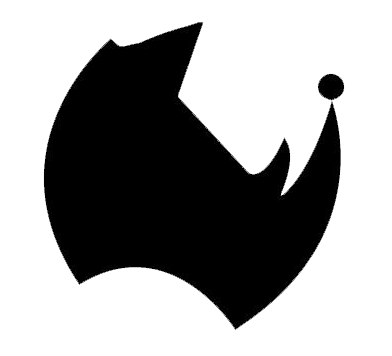Bagisu
Bagisu also known as the Bamasaba people of Elgon mountain. The Bagisu are a Bantu speaking tribe living mainly on the slopes of mount Elgon in the areas of Mbale district believed to be the descendants of Mundu and Sera. The Bagisu are known to their neighbors as fearless worriers. With incredible strength whilst to the world they are best known by their elaborate male circumcision ritual locally known as Imbalu. Circumcision is a momentous ritual in the Bagisu culture as men who have not undergone the knife are not allowed to marry. The Imbalu held every two years in August ends in the cession of cultural responsibilities by the elders to the younger generation. The ritual is only performed in even years. Because it is associated with abundant food production and reproduction. For this reason, Imbalu is an initiation ceremony of boys to adulthood.
History of the Gishu
Legend has it that the name Bagisu originated from Mwambu the eldest of the two sons of Mundu and Sera. Who reared his father’s cattle. Once upon a time when Mwambu was out with the cattle herd, he was raided by a Masai group from Kenya. Mwambu made futile attempts. To get help by making a profound alarm to alert his fellow clansmen but all his attempts were in vain. He decided to single-handedly take on the raiders by following them. Upon seeing this, the Masai were amazed by the courage exhibited by the young man and decided to handover the cattle back to him as a sign of a truce. On hearing about the ordeal, Mwambu’s father gave him the name Mugisu.
The Bagisu speak lugisu or masaaba a Bantu language with dialects resembling Bantu communities. They live north of mount Elgon speak Ludadiri. The ones who live in the central speak lugisu influenced by their neighbouring Bantu speakers, those that live next to the western Kenya Babukusu are influenced by their language Lubukusu and Lubuuya dialect spoken by those in the south. The Bagisu people are believed to have migrated to the slopes of mount Elgon in the 16th century. From the eastern plains and were part of the Bukusu.
Political organization
The Bagisu were organized in clans with each clan headed by a clan chief. Who was normally an elder known as Umwami we sikuka. The basis of selection of a clan chief was by amount of wealth and age. They maintained peace and unity in their clans and were responsible for preserving their culture. And later passing it on to the next generation.
Social organization
The Bagisu lived in small villages of about 10 households and practiced subsistence farming growing crops. Such as bananas, maize, millet, soghum and their staple food is the Malewa which is made from bamboo shoots grown on mount Elgon. They also hunted game using spears and nets to supplement their diet. They kept domestic animals including cows, goats mainly for their by-products and sheep which they traded with their neighbors and fowl fed to special guests. The Bagisu also practiced pottery in which they baked pots out of Lidiri (clay) that they collected from the riverbed.
The men cleared land for cultivation while the women sowed the seeds. During harvesting season, they both worked together and there was only exclusivity in performing work such as construction by men. Upon the death of the father, the eldest son inherited the property and used it to look after the family. The Bagisu believed in a supreme god called wele Namanga who had three assistants. Including wele maina responsible for animal wealth, wele nabulondela responsible for births and wele namakanda responsible for fertility. The Bagisu constructed shrines for their gods, offered sacrifices inform of animals and food to give thanks. And called upon them during the performance of rituals.
Circumcision ceremony
The ritual takes place every two years during the month of August after the new moon and its normally a three-day event. The family of the Imbalu candidate offers a fowl to the wele(god) at his shrine, the boy is then smeared with clay and then given a herb called Ityanyi which induces arousal. The boy’s foreskin is then removed from his penis using a sharp object. He is then covered with a piece of white cloth. As a sign of bravery the boy in the company of his family and the villagers dance to the Kadodi throughout the village. He is then taken to fathers house where after healing is allowed to join the village council meetings and marry.
Economic organization
The Bagisu are agriculturalists growing food crops such as bananas but supplemented their income with growing cash crops such as coffee and cotton. They are the largest producers of Arabica coffee grown on the slopes of mount Elgon. They also traded food items with their neighbors the Itesots, Banyoli, Sabinys.
